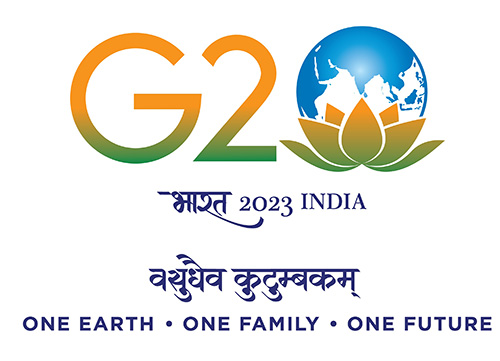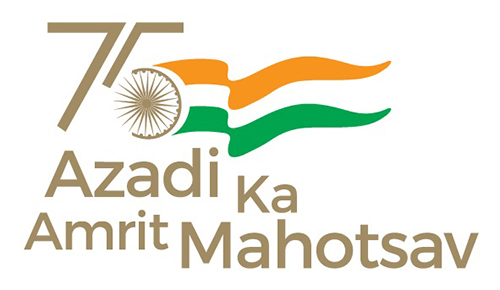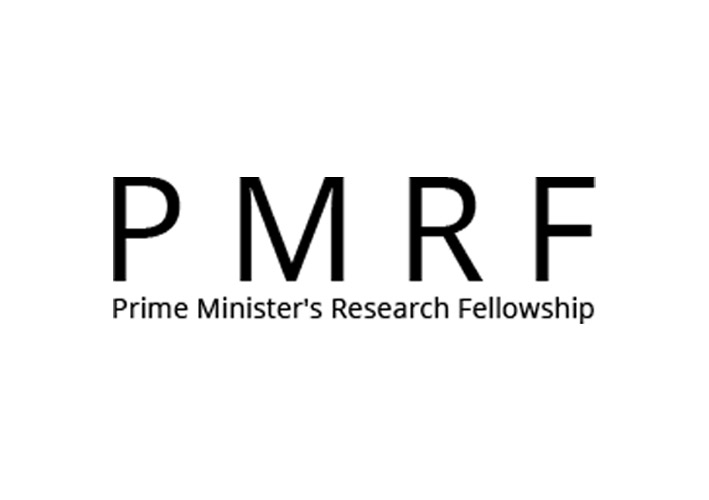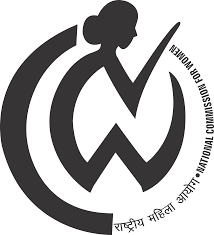Postgraduate Program
Department of Physics at IIT Jodhpur is offering following two post-graduate programs
1. M.Sc. (Physics) – 2 years
The Department of Physics at IIT Jodhpur is offering a 2-year M.Sc. program. The candidates to this program are admitted through JAM examination. The main objective of the program is to create a pool of professionals with very strong fundamentals in the domain of physics. Based on the experience of teaching advanced physics for the past several years, the Department has evolved a unique combination of program structure, courses and teaching pedagogy which not only allows the students to acquire in-depth learning of the concepts of physics and their application potential but also gives them freedom to choose the courses as per their interests from the large pool of elective courses being offered by the Department. These electives can be from three different sets of the courses viz. advanced level fundamental physics, multidisciplinary science and technology and engineering physics.
The program gives strong emphasis on the experiential learning aspects. As many as four labs and two hands-on courses are offered in the first year itself. In the hands-on exercise the students are given some interesting problems of physics. These problems are designed in a way that students learn to apply the concept of physics, make use of innovative approaches and develop creative thinking. Such activities provide much needed practical learning which help the students to effectively comprehend the complex theoretical concepts of physics. After completion of the program the students would have acquired the knowledge and skill sets to pursue their career, as per their interest, in the directions like advanced level research in fundamental and applied physics, R&D in multidisciplinary science & technology, higher education in engineering domains or availing job opportunities in government, public and private sectors.
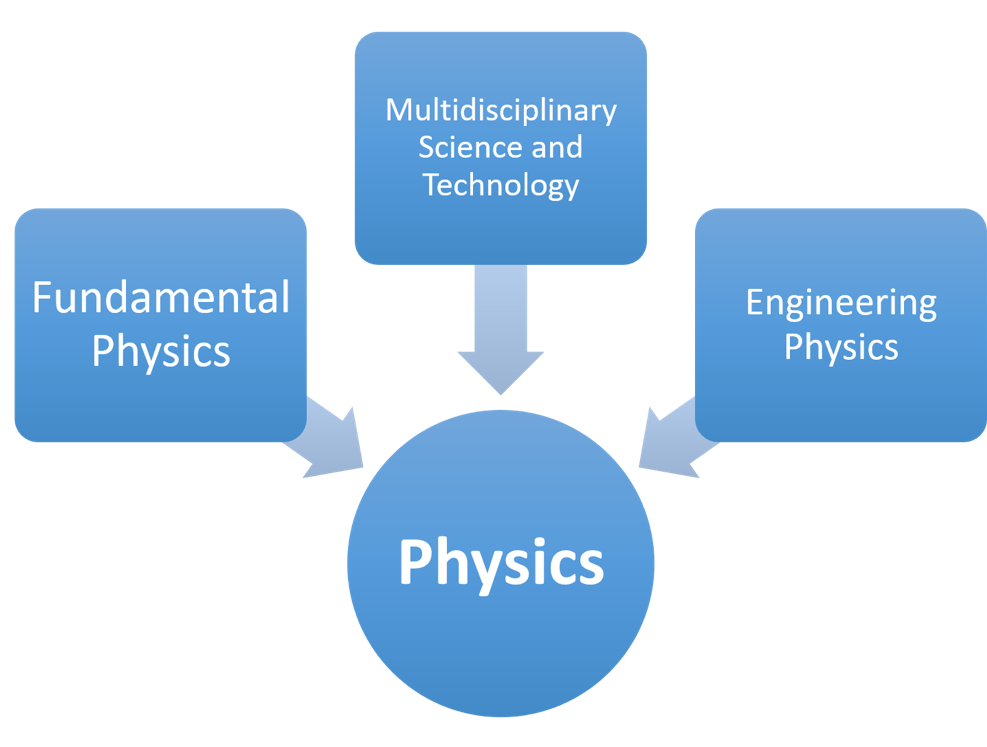
Objective
The major objective of the programme is to bring out professionals having knowledge of basic laws of nature together with strong fundamentals in the core area of physics viz. Classical Mechanics, Quantum Mechanics, Condensed Matter Physics, Electromagnetism, Computational Physics, Statistical Physics, Electronics, Atomic and Nuclear Physics and advanced level topics such as Quantum Information Processing, Quantum Computing, High Energy Physics, Astrophysics, Plasma Physics, Nanotechnology, Nonlinear Optics, etc. Further objective of the program is to inculcate certain specific enabling skill sets to prepare the students to take up challenges in any one or more functional domains viz.
(i) Academics;
(ii) Basic and Applied Research;
(iii) Research & Development;
(iv) Engineering & Technology and
(v) Industry.
Expected Graduate Attributes
- In depth understanding of the fundamental concepts of physics.
- Ability to undertake problems in multidisciplinary domains of Science & Technology viz. Space Science, Medical Physics, Plasma Science, Quantum Technologies, Advanced Materials Science, Computational Techniques, etc.
- Ability to apply the acquired knowledge of Physics to Engineering Problems.
- Understanding of basic tools of computational physics and their application in various domains of physics and engineering.
- Ability to perform the experiments and analyze the experimental data based on acquired knowledge in the domains of electronics, atomic and nuclear physics, condensed matter physics, optics and Lasers, and other advanced topics.
- Skills to demonstrate basic principles of physics by use of simple experimental as well as high end experimental techniques.
- Ability to develop advanced functional materials and carry out their characterization.
- Ability to design, fabricate and characterize device structures such as sensors, solar cells, optical components, etc. for various applications.
- Ability to make effective oral and written technical communication.
- Appreciation and adherence to norms of professional ethics.
Learning Outcomes
- Knowledge and deep understanding of principles of basic and applied physics.
- Subject knowledge to pursue higher studies in the advanced physics areas, such as, High Energy Physics, Astrophysics, Quantum Information Processing, Nanotechnology, Plasma Technology, Nonlinear Optics, Fibre Optics, etc.
- Knowledge of fabrication and characterization of devices, such as, solar cells, gas sensor, energy storage, magnetic data storage, etc.
- Skills in certain experimental techniques for characterization of materials for their structural, morphological, surface topology, electrical, magnetic, dielectric and optical properties.
- Knowledge and skills to use various vacuum based techniques for development of thin film-based materials, structures, and plasma devices and systems.
- Technical knowledge and skills to understand and appreciate interdisciplinary research topics.
- Skills in computational physics for wide range of applications ranging from the visualization of physical theories and process, design of functional materials, simulation and modelling of optical processes, etc.
- Written and Oral technical communication skills.
Duration: 2 years
Proposed Intake: 38 (including EWS)
2. MSc (Physics)-M.Tech. (Materials Engineering) Dual Degree Program - 4 years
Introduction
Addressing present day technological challenges in the emerging areas of energy, water, security, defense, healthcare, space, etc. requires an inter-disciplinary approach, integrating scientific concepts with innovative engineering skills, towards problem solving. IIT Jodhpur is also committed to adopt this approach and has taken initiative to offer an M.Sc. (Physics)-M.Tech. (Materials Engineering) Dual Degree Program which will meet the human resources needs of the country to address the technological challenges in the domain of Materials Engineering. Here, the M.Sc. Physics program emphasizes on fundamental aspects of physics and materials science and the Materials Engineering focuses on designing, processing, and controlling the materials structure to attain desired properties for small- and large-scale production of advanced materials, components and materials systems exhibiting planned performance.
The M.Sc. (Physics)-M.Tech. (Materials Engineering) program aims to produce professionals possessing adequate depth in subject knowledge in physics and materials and provide necessary experimental and computational skills to solve problems in a variety of domains in Materials Engineering. After the end of the dual-degree program, the graduates will have the necessary skills to solve Materials Engineering problems, based on scientific principles, for industrial needs and to carry out scientific research.
Objective
To provide science undergraduate students with in-depth knowledge of physics and materials engineering and train them to meet the skills necessary for industry, scientific research, and academia.
The outcomes of this dual degree program are:
- To enable understanding of the current challenges of materials in different technological domains
- To Develop analytical, experimental and computational skills to provide solutions to materials related issues
- Design and development of advanced materials for futuristic technologies
- Systems’ approach to integrate the designed and developed novel materials for realizing the technological prototypes for various industrial purposes
Duration: 4 years
Proposed Intake: 13 (including EWS)
Eligibility: JAM (Physics) qualified candidates will be considered as per the existing norms of M.Sc. (Physics) program.
Assistantship: Students with cumulative grade point average, CGPA, of 8.0 or more at the end of M.Sc. (Physics) program will be eligible for assistantship during the M.Tech. program as per the MHRD norms.
Curriculum: Students will follow M.Sc. (Physics) curriculum during the first two years. After completion of the two years M.Sc. (Physics) program, the students will be automatically enrolled for the M.Tech. (Materials Engineering) program. During the last two years, the students will follow the M.Tech. (Materials Engineering) curriculum. Both degrees will be awarded together to the candidate after the successful completion of both the programs. The conceptual curricula for M.Sc. (Physics), and M.Tech. (Materials Engineering) are available on the following links.
- M.Sc. (Physics) ( Download file)
- M.Tech. (Materials Engineering) ( Download file)
For queries regarding admission, please contact, Chairman, Department Admission Committee: Dr Satyajit Sahu (e-mail: satyajit@iitj.ac.in)







